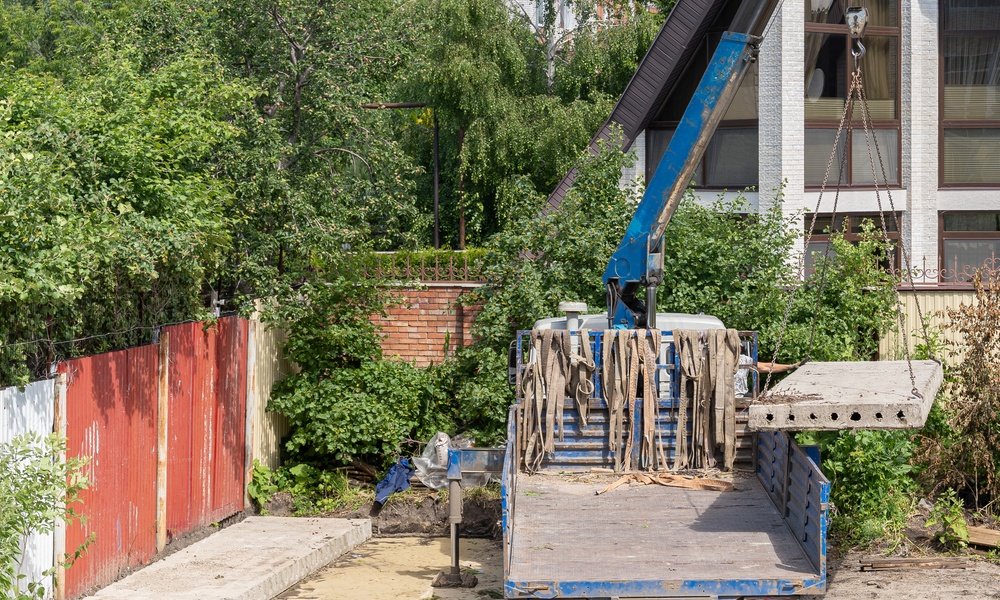Modern infrastructure projects require precision, coordination, and specialized equipment that many people often overlook. From towering skyscrapers to expansive highway systems, these massive undertakings require careful planning and execution at every stage. Engineers, contractors, and construction teams face numerous challenges that can greatly influence a project’s timeline and budget.
The complexities of building modern infrastructure begin long before ground breaks. Teams must navigate environmental regulations, obtain permits, and coordinate with multiple stakeholders. Once construction starts, weather delays, supply chain disruptions, and technical complications can derail even the most well-planned projects. Each phase requires specialized knowledge and equipment tailored to specific tasks.
Material Handling Challenges
Construction sites handle materials that dwarf everyday objects in terms of size and weight. Steel beams, concrete blocks, and precast elements can each weigh several tons. Workers cannot simply pick up and relocate these massive components. Heavy machinery is necessary, but even then, specific tools are difference between streamlined and systematic progress and costly delays.
Lifting Heavy Construction Elements
Construction teams regularly encounter materials that challenge conventional lifting methods. Bin blocks, commonly used in infrastructure projects, present difficulties due to their weight and awkward dimensions. These concrete elements require careful handling to prevent damage and guarantee proper placement.
Standard cranes and forklifts often lack the precision needed for specialized tasks. Bin block lifters are used in material handling as specialized tools that attach securely to concrete blocks, which allow operators to move them with confidence and accuracy. The right lifting equipment transforms a potentially dangerous task into a manageable operation.
Without proper lifting equipment, workers risk injury and projects face delays. Dropped materials create safety hazards and costly replacements. Specialized lifting tools eliminate these risks while improving operations across construction sites.
Coordination Across Multiple Teams
Infrastructure projects involve dozens of teams, each with their own expertise, working simultaneously. Electricians, plumbers, concrete specialists, and steel workers must coordinate their efforts without interfering with each other’s progress. This coordination requires constant communication and flexible scheduling.
Weather conditions add another layer of complexity. Rain can halt concrete pours, while high winds prevent crane operations. Teams must adapt quickly when conditions change, often necessitating the reshuffling of entire work schedules.
Regulatory and Safety Requirements
Modern infrastructure must meet stringent safety and environmental standards. Building codes specify exact requirements for materials, construction methods, and safety protocols.
Inspectors monitor progress at every stage, and failing inspections can halt work for days or weeks. Environmental regulations add additional requirements. Projects near waterways are subject to strict pollution controls, while urban construction must strictly limit noise and dust.
The full extent of sophistication explains why modern construction takes time and requires a great investment in specialized equipment and expertise. The next major infrastructure project in your area will likely face all these challenges and more. These requirements and trials increase the complexity of building modern infrastructure, but they also ensure that the infrastructure serves communities safely for decades.
